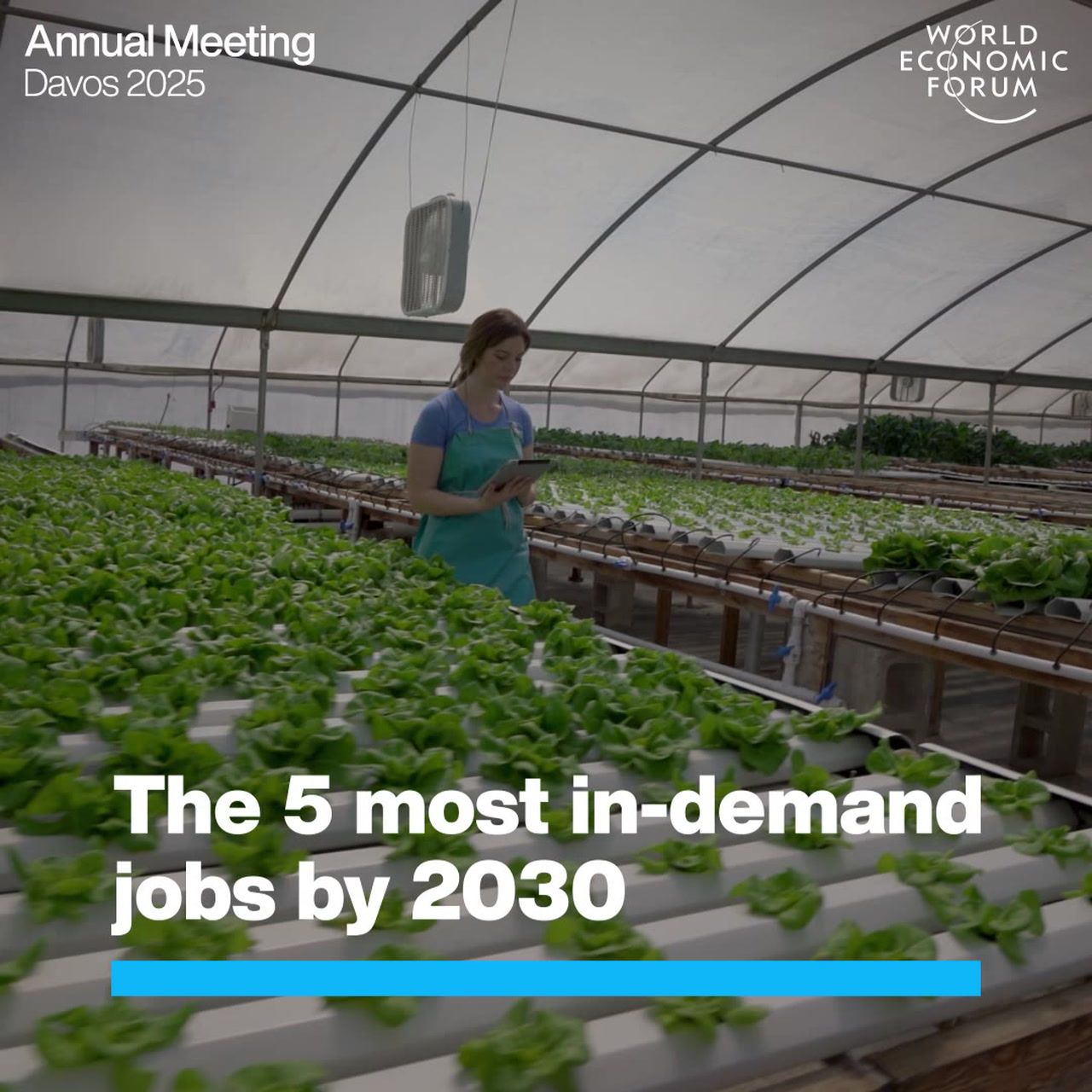Future of Work: In-Demand Jobs to Flourish by 2030

A new report released by the World Economic Forum (WEF) has shed light on the jobs that will see the highest growth in demand by 2030, amidst a projected net creation of 78 million new jobs by 2030. The report, which brings together perspectives from over 1,000 companies employing 14 million workers, highlights key factors driving this shift and identifies emerging skill sets that employers are on the lookout for.
According to the WEF's Future of Jobs Report 2025, several roles will experience significant growth by 2030. These include:
- Healthcare professionals: With an aging global population and growing healthcare demands, experts predict a surge in demand for medical specialists, nurses, and health administrators.
- Data scientists and analysts: As data becomes increasingly crucial to businesses and governments, the skills required to collect, analyze, and interpret data are set to rise in importance.
- Cybersecurity experts: With growing concerns over online security, companies will need skilled professionals to protect their networks and systems from cyber threats.
Meanwhile, traditional roles that were once considered secure are expected to decline. These include:
- Manufacturing line workers: Automation and AI are increasingly being used to streamline manufacturing processes, making many traditional factory jobs redundant.
- Customer service representatives: Many customer-facing tasks are now handled through AI-powered chatbots and automated call centers.
- Driving jobs: Electric vehicles and autonomous driving technologies are set to disrupt the transportation industry, potentially displacing drivers.
Employers are looking for employees with the skills to navigate this rapidly changing job market. The report identifies several key skill sets that will be highly prized by businesses by 2030:
- Digital literacy: As technology advances, there is growing demand for professionals who can design, develop, and implement digital solutions.
- Data management and analysis: With data becoming increasingly crucial, companies need employees who can analyze and interpret complex data sets to inform business decisions.
- Emotional intelligence: As AI takes over routine tasks, employers are looking for employees with strong interpersonal skills and emotional intelligence.
By developing these in-demand skills and adapting to the changing nature of work, employees can prepare themselves for a future where technology and automation continue to evolve the job market.
